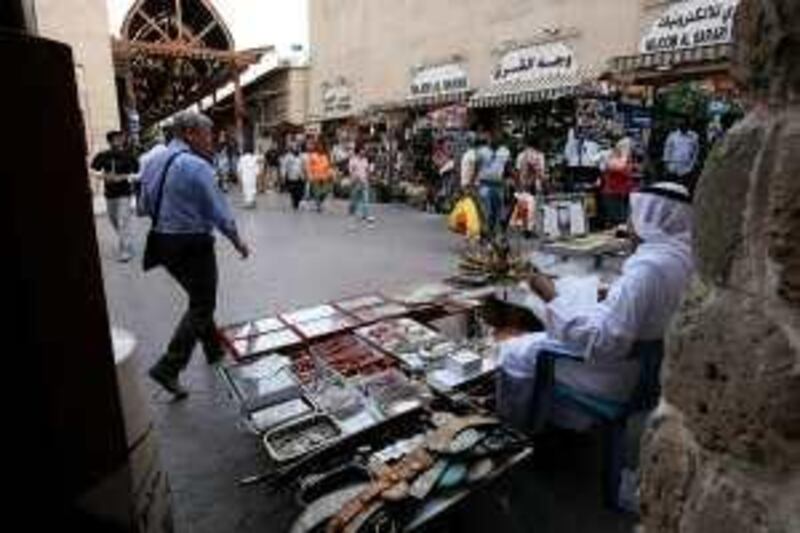The UAE climbed 14 places in a key World Bank ranking for regulatory reform after taking steps to eliminate capital requirements for start-up companies and simplifying the registration of new businesses. The country rose in the ranking compiled by the World Bank and its International Finance Corporation after the UAE Government abolished a Dh150,000 (US$40,839) minimum capital requirement for some start-ups.
"That is a very important reform," said Dahlia Khalifa, a World Bank senior economist. "The Doing Business report focuses on the SME sector and we take this from the vantage point of domestic entrepreneurs. Minimum capital requirements can stand as a big obstacle for small business start-ups." The capital rule applies to companies established on or after June 1 this year and allows new businesses to determine what capital is required.
Eastern Europe and Central Asia were the top reformers, according to the report released this week, followed by MENA. "Saudi Arabia started the process by cancelling what was at the time the highest minimum capital requirement for an LLC, and then Yemen did the same this year," Ms Khalifa said. "The majority of countries have removed this obstacle from the (small and medium-sized enterprises) sector."
The economic crisis has made the small and medium-sized enterprises (SME) sector, the lifeblood of regional economies, increasingly important. The UAE's elevation to 33rd position in the global Doing Business rankings was supported by two other key reforms. "It reformed in the area of dealing with construction permits by streamlining the processes involved and putting some processes online; in other words, making things more efficient," Ms Khalifa said. "It also improved the capacity at Dubai ports thereby improving their ranking in the trading and cross-border indicators."
Overall, the UAE scored particularly strongly in paying taxes, trading across borders and registering property, where it took fourth, fifth and seventh positions respectively in the global rankings. But it performed poorly in enforcing contracts, at 134th, and closing a business, ranking 143rd. Saudi Arabia for the first time entered the top 15 countries, while Bahrain took 20th position, although the latter slipped two positions on the previous year. Bahrain was the strongest performer in the MENA region in the number of procedures dealing with construction permits, with just 13 against 25 in Kuwait.
Saudi Arabia's rise in the rankings reflects the kingdom's long-term focus on reforming its business climate. "Economies that are reforming are usually reforming as a result of long-term reform programmes," said Ms Khalifa. "These are often broad-based programmes involving wide-ranging co-ordination among stakeholders and political and economic commitments. "We definitely saw that in Saudi Arabia which was one reason it has been able to jump from 60 something just a few years ago to 13th position this year."
Most Gulf states engaging in reforms address administrative processes first, followed by more time-consuming reforms that require legal changes and co-ordination among a wider group of stakeholders. The UAE's next stage of reforms is likely to take longer to complete, with the focus on improving the court system. The momentum for reform across the region is unlikely to be disrupted. "Countries are spurred by what their neighbours are doing. They question how Saudi Arabia has been able to reform," said Ms Khalifa.
business@thenational.ae





